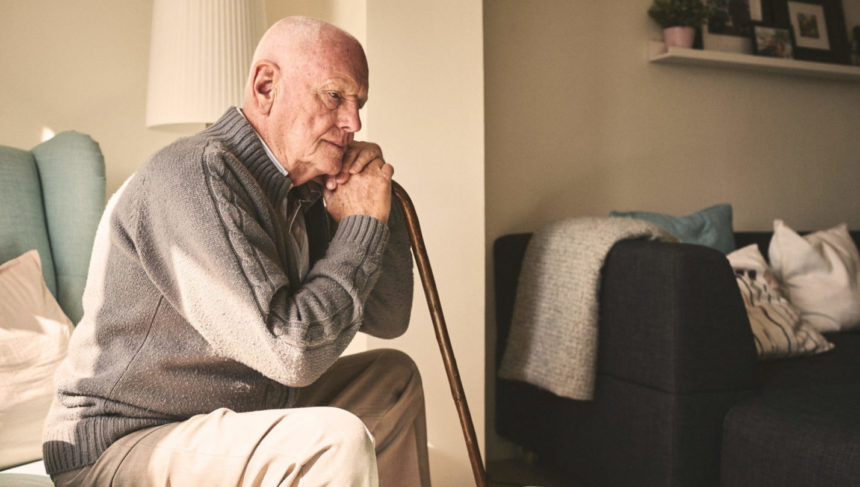
Osteoarthritis can increase the likelihood of social isolation, according to researchers from Italy and Britain.
The study team analyzed data from the European Project on Osteoarthritis, including nearly 2,000 adults ages 65 to 85. Among the 1,585 participants who weren’t considered socially isolated at the beginning of the study, 13% had become socially isolated 12 to 18 months later.
The participants reported that their health and osteoarthritis had worsened. They also experienced more pain, had become less physically active, had slower walking times, and had depression and problems in thinking and making decisions.
After adjusting for these other factors, the researchers found that the more sites of osteoarthritis throughout the body, the more socially isolated the participant was likely to be. Participants with hip and knee osteoarthritis, for example, were more likely to be socially isolated than those without the disorder or who had hand osteoarthritis only.
The findings highlight an unmet need for screening and care in osteoarthritic elders, the researchers said.
“[Care] should include forms of physical activity, social engagement, and community participation as well as some type of psychological assistance,” said corresponding author Paola Siviero, MSc and colleagues.
The study appeared online in the Journal of the American Geriatrics Society.



